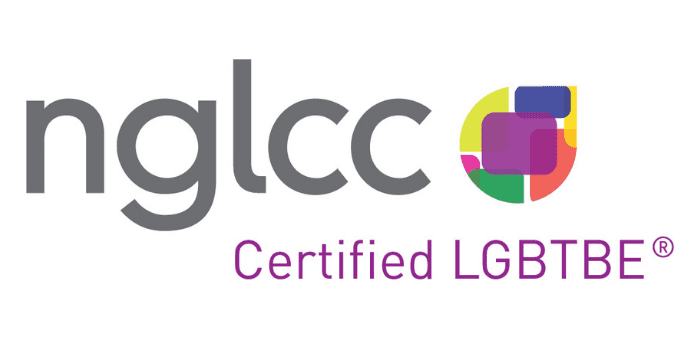TW: Brief mention of sexual violence, combat and domestic violence.
It’s been quite a year.
You’ve probably heard people around you say:
“I’m so stressed about going back to school.”
“I’m so burned out on childcare.”
“I’m totally traumatized from quarantine.”
This year, we’ve heard the words stress, burnout and trauma thrown around a lot.
But what do these words specifically mean?
How are they different from one another?
And how can you know if that negative feeling you’re having is stress, burnout or trauma?
Today we’ll take a deep dive into stress, burnout and trauma. When you’re done, you’ll know the key differences between all three and be able to identify them in yourself and others.
Before we start, we’d like to remind you that if you are struggling with thoughts of suicide, you are not alone. Please call our local Portland 24/7 suicide crisis line to connect with folks who are ready to listen: 1-800-273-8255.
All set? Let’s get started.
Working Definitions of the Words “Stress,” “Burnout,” and “Trauma”
Stress
We all feel stress, and we feel it often. Keep in mind that some stress is positive. Mild stress motivates us to get things done. Too much stress over too long a period of time - known as chronic stress - releases too many stress hormones, damaging our bodies.
Examples: Taking a test, going on a date, interviewing for a job, shopping for a new counselor, working under a deadline, setting boundaries in your relationships.
Burnout
This is where chronic stress takes a turn for the worse. Burnout happens when you are so chronically stressed by your conditions that you feel you have no control over the situation. In response, you check out, give up, dramatically scale back your efforts, or otherwise surrender to the situation.
Examples: Disregarding work/life balance, feeling bored or drained by your work every day, feeling your work (paid or unpaid) is futile
Trauma
Trauma is often - but not exclusively - a response to a sudden, life-threatening event.
Examples: Surviving military combat, witnessing a domestic violence episode in the home, surviving sexual assault
What’s the Difference Between Stress and Burnout?
For most people, stress provokes action. Sometimes it’s frenetic, overzealous, not-well-thought-out action, but it’s action nonetheless. When you’re stressed, you may feel excited, anxious, nervous, afraid or agitated.
Burnout, on the other hand, is characterized by disengagement. You actually don’t feel much and, if you do, those feelings are blunted. You’re not provoked by stress. instead, you’re plodding along robotically. Helplessness and hopelessness are common modes.
What’s the Difference Between Stress and Trauma?
People who are stressed can usually escape the stress feelings, even if only for a short time. They can watch a favorite TV show, connect with friends, or relax with a book and get away from the negative feelings for a bit. While they’re stressed, they also have a degree of control over their situation.
Unlike folks who are coping with stress, people who are experiencing the aftermath of traumatic events often can’t escape their negative feelings and intrusive thoughts. Trauma survivors frequently feel like they have been permanently changed by their traumatic experiences. They often report that they don’t feel in control of their own thoughts and feelings.
Yes, You Can Heal from Stress, Burnout and Trauma
Regardless of whether you’re dealing with stress, burnout or trauma (or a combination of these), remember that you can always heal.
Dealing with any of these experiences can provoke extremely intense feelings but, remember, you are not alone and you will not always feel this way.
If you’re looking for a counselor (especially a queer friendly counselor!) who can help you heal from stress burnout or trauma, Full Spectrum Therapy might be a good fit for you.
Check out our clinicians here and reach out today to get started on your journey to healing.
If you’re struggling with thoughts of suicide, again, please call 1-800-273-8255. We always try to get folks seen as soon as we can at FST, but this number is great if you need to talk immediately.





